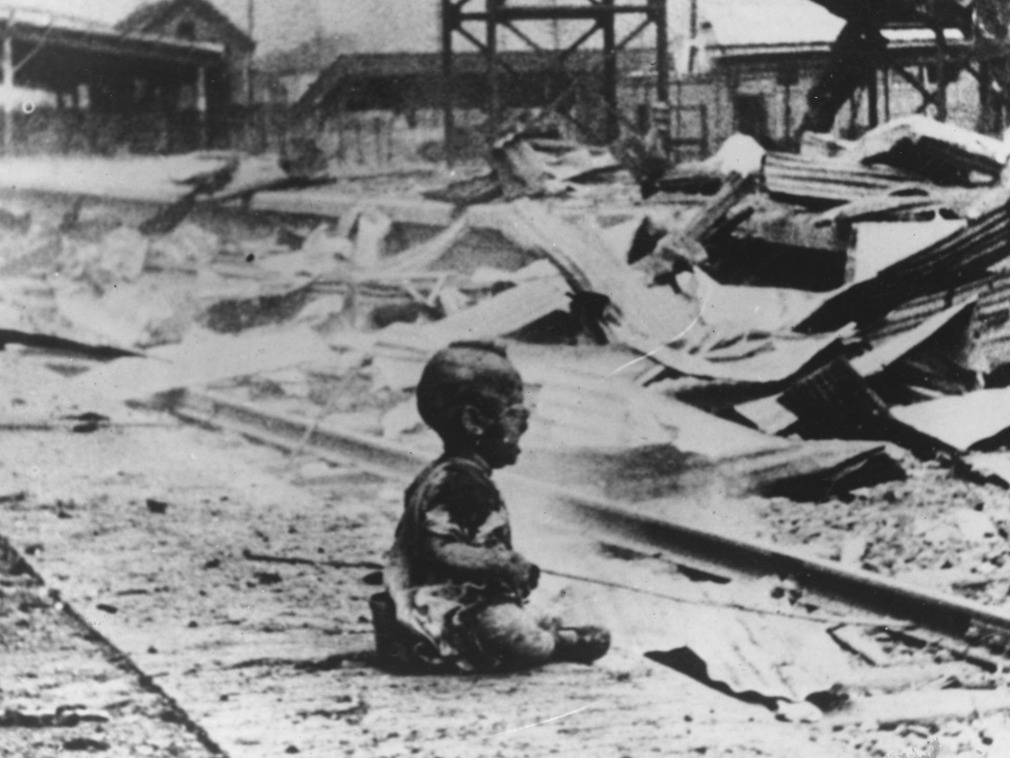

The number of surviving veterans of the war still surviving declines by the day. My own family experienced five years of Nazi occupation in the Netherlands, and would not have been liberated without the massive American war effort. I am personally grateful for the American participation in the war in Europe. The power of the president – to whom this entire establishment reports – increased dramatically. Yet, the very success of our forces in 1941-45 also made the military solution seem attractive after defeating the Axis, how could we lose? Especially because the end of the war, and almost immediate transition to the “Cold War,” meant that, contrary to our history, the United States built a permanent national security establishment, with a large military force supported by a variety of intelligence agencies.īecoming a national security state affected every aspect of our nation – including the nature of our government. would have an excellent military establishment ever since World War II, with a few glitches, of course. The tremendous military success of the United States was, of course, good – but it led to a double-edged sword. It generated, albeit artificially, immense prosperity, which to some extent we have taken for granted.

And our country was also the sole great power that was physically untouched by the war. Basically, all the industrial world except the Soviet portion was dominated by the U.S. This was partly because of rationing during the war – there was a lot of money sitting in folks’ bank accounts – but also because the United States effectively controlled most of the industrialized world at the end of the war. First of all, the government came up with all sorts of ways to finance the debt cheaply. national debt exceeded 10% of the gross national product, a statistic very relevant for today. The one that the country had to cope with immediately was the expense of the war. In fact, one of the greatest oddities of modern history: Adolf Hitler and Roosevelt both became heads of government in January 1933 they both died in April 1945 Hitler tried to conquer the world yet it was Roosevelt who just about did exactly that.īut there were also long-term considerations. Roosevelt administration had been preparing us for war for two years before Japan attacked. not been comparatively well-prepared for war well before Pearl Harbor. Chances are that it would have been far more, had the U.S. The American death toll reached 400,000, a modest toll compared to the Soviet figure of 26 million, but still the second costliest war in our history. 1% in Nazi camps).īut this decisive victory had not come without cost. Only after the war did people learn about the Bataan Death March and the fact that a third of our prisoners of war in Japanese camps had died (vs. Americans despised Japan, partly for racial reasons, partly because Japan had been seen as an enemy long before Pearl. For many people, the surrender of Japan was an even bigger event, and not just because the war was now truly over. Nazi Germany surrendered on May 7 by that time Japan was only a shell of its former self, the events of August only being the last act. forces won naval victories over Japan and through the “island-hopping” campaign brought us closer and closer to Japan itself.

7, 1941, the United States became the “arsenal of democracy,” assisting Britain and Soviet Russia in their war against Nazi Germany, culminating in the strategic bombing campaign and the D-Day invasion of June 6, 1944. Recovering with astonishing speed from the surprise attack at Pearl Harbor on Dec. It becomes the last Axis power to surrender to the United Nations alliance.įor Americans, it marked a remarkable moment. A stunned Japan, hit in a three-day period with two atomic bombs and the Soviet declaration of war, surrenders.


 0 kommentar(er)
0 kommentar(er)
